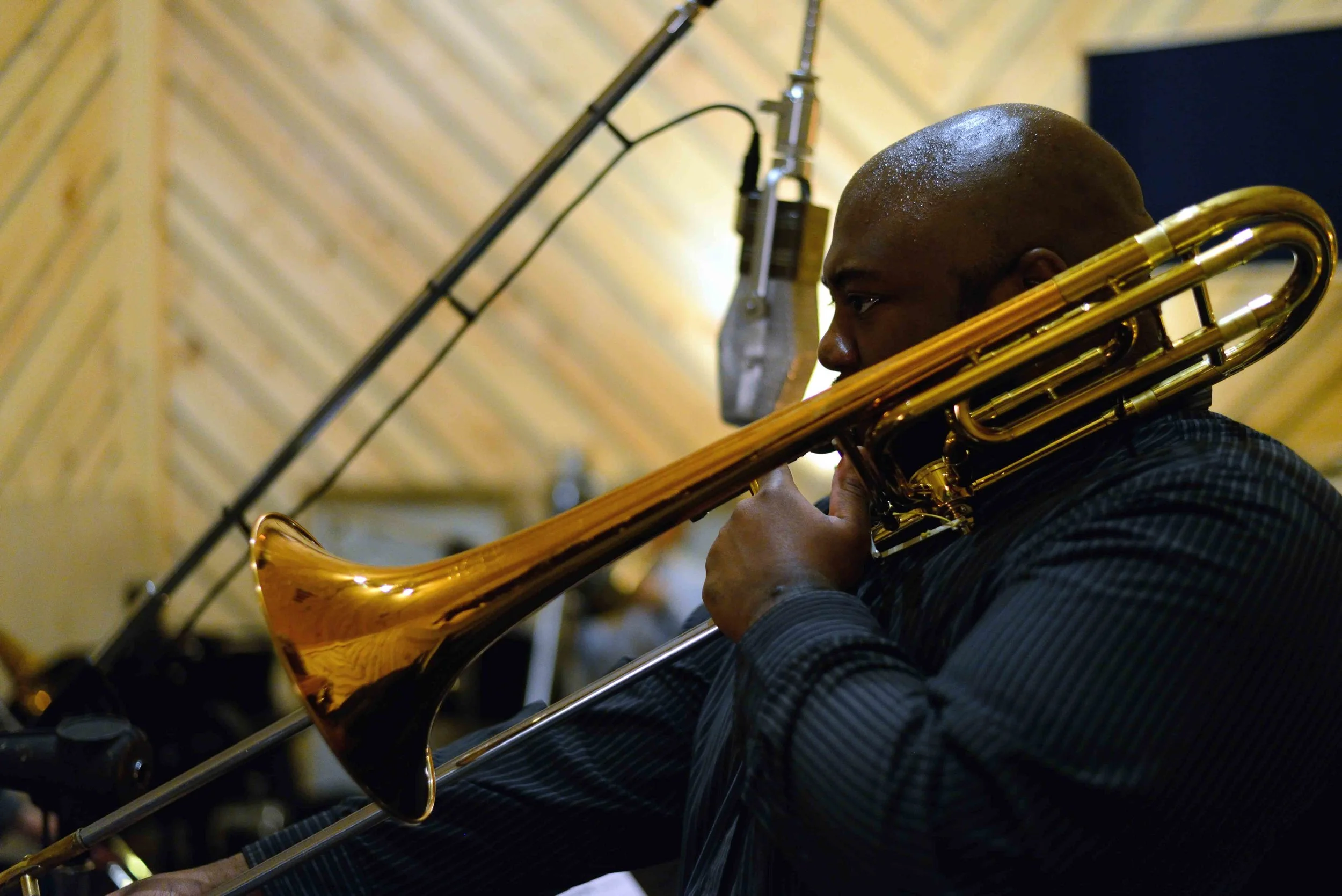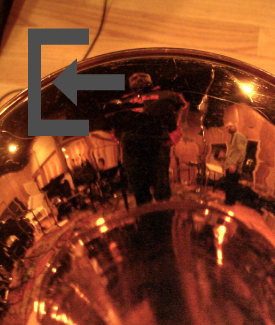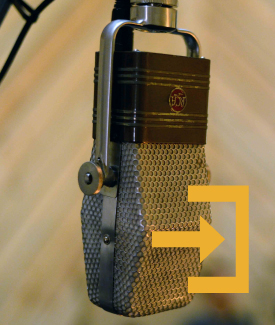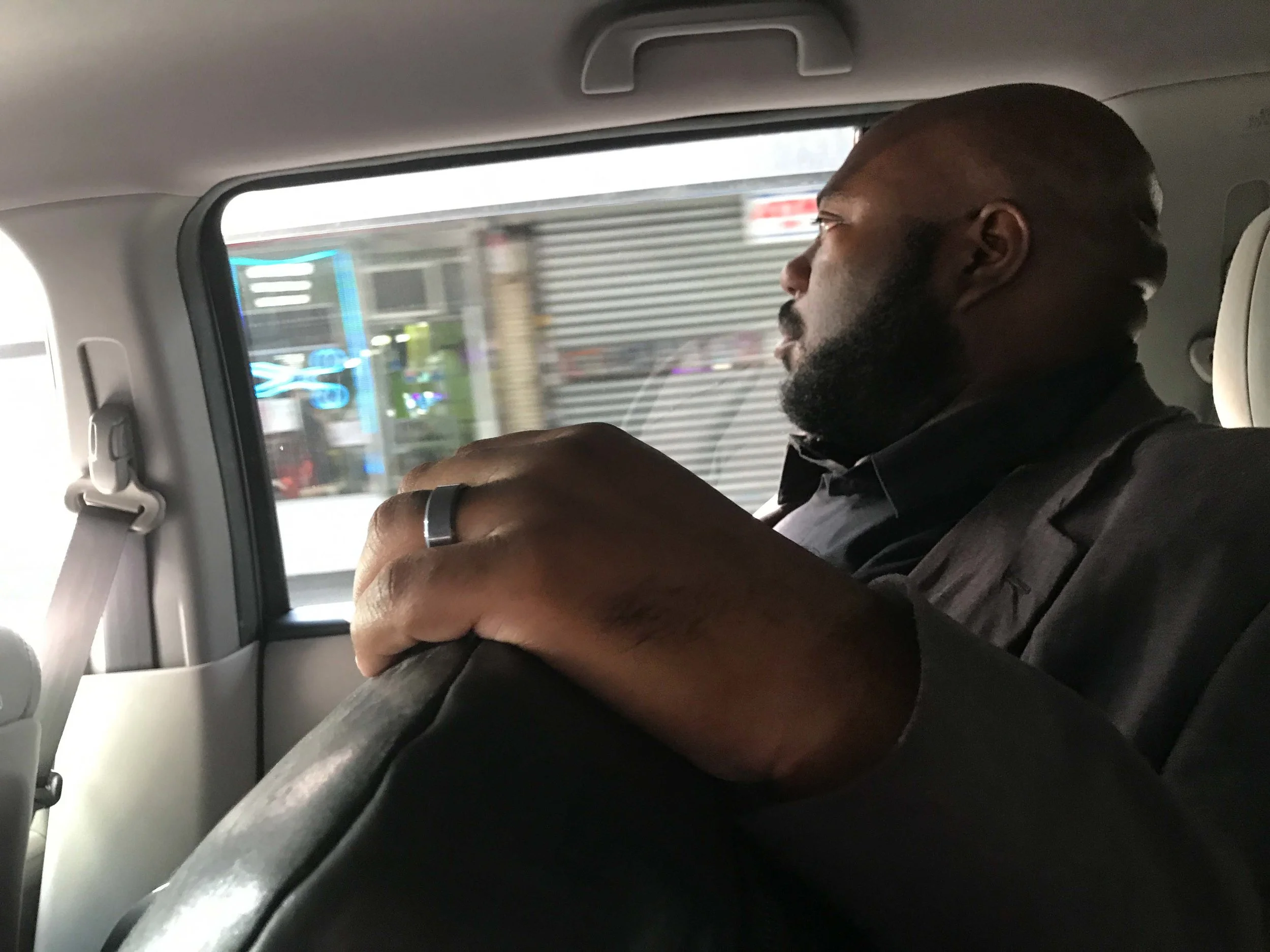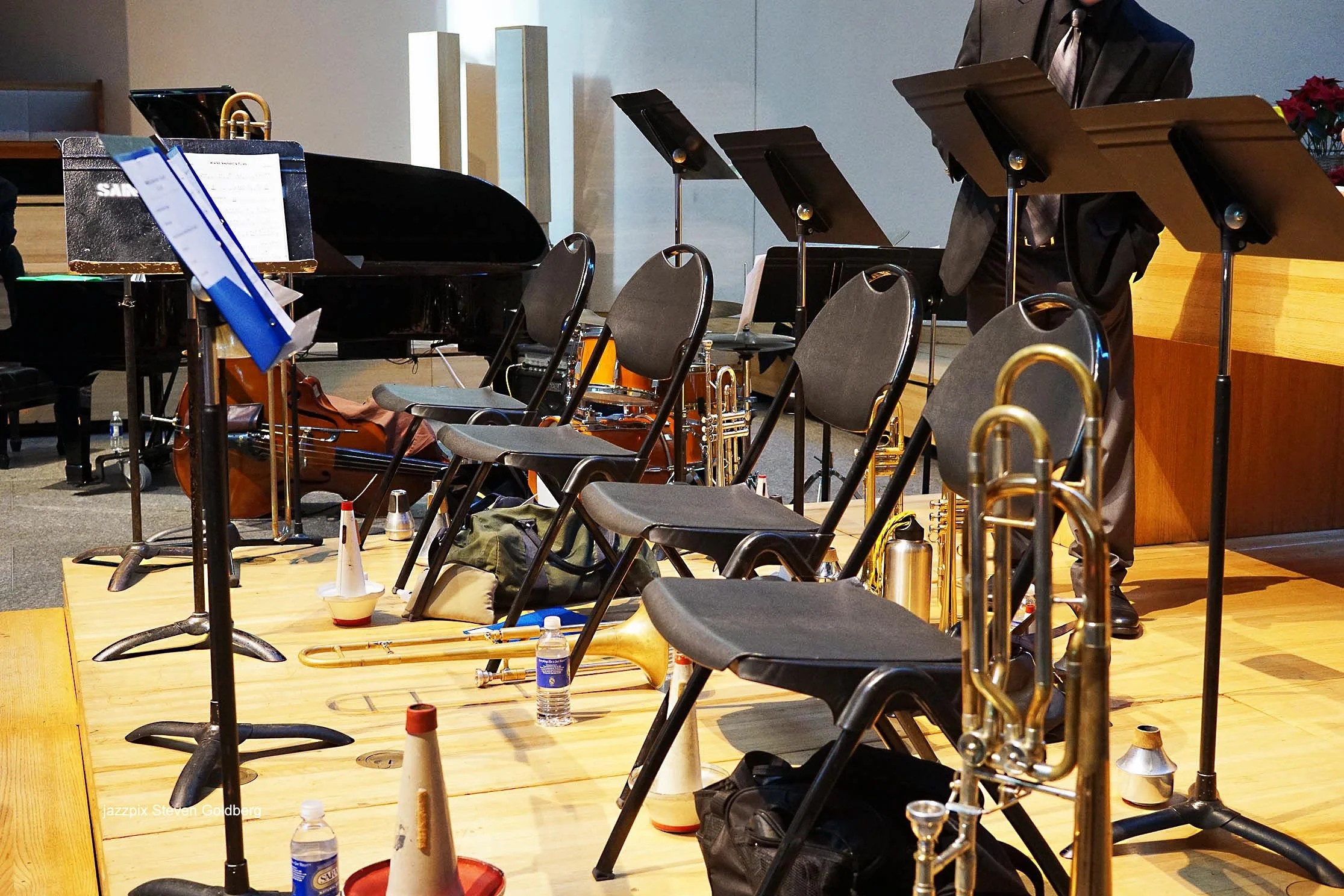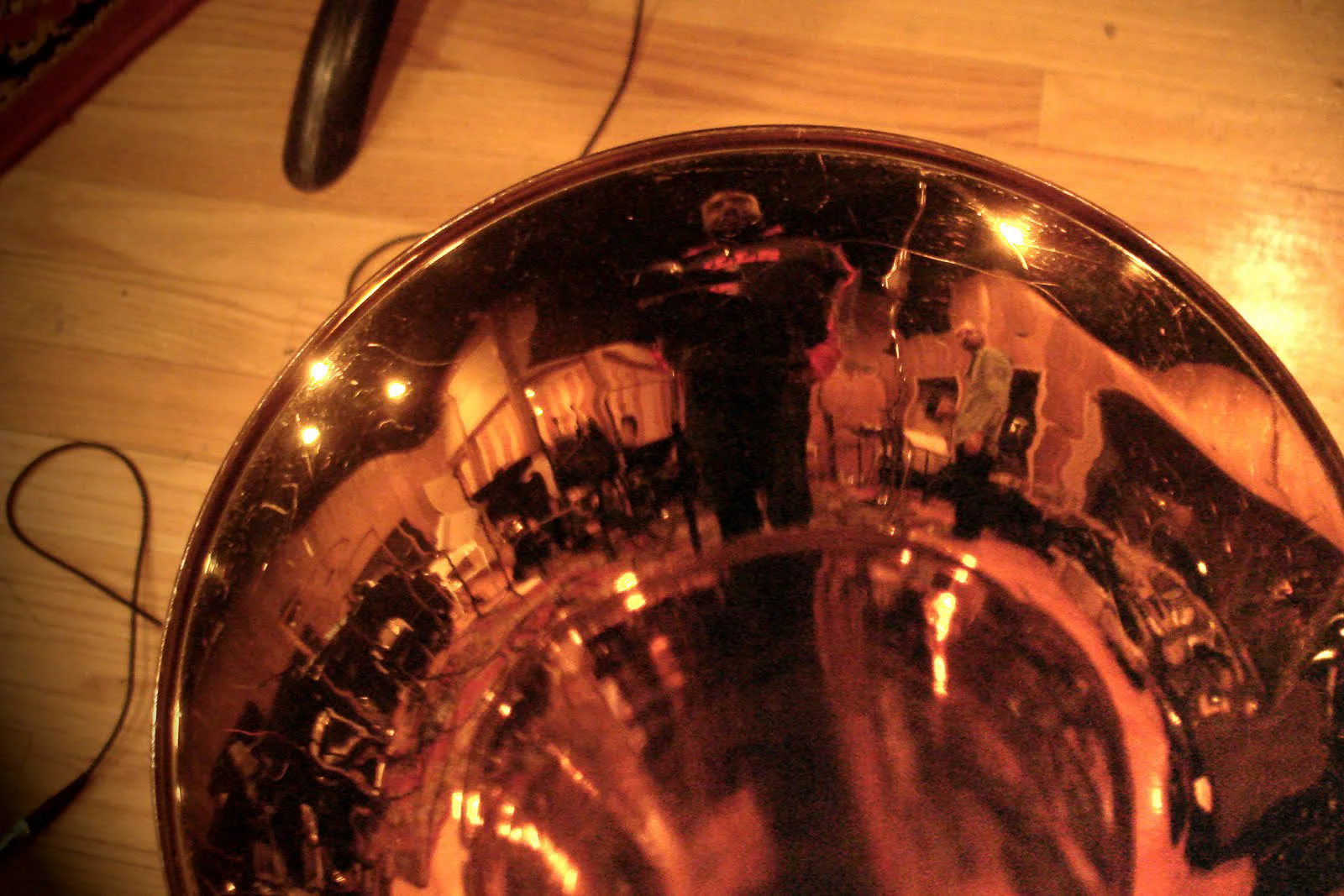FAQ
answers to frequently asked questions about David White and his music
Scroll to read more...
frequently asked questions
INFLUENCES
+ Who are some musicians who have influenced you?
A. There are many but two who’d like to mention are:
When I heard Maria Schneider’s music for the first time in 1999, I felt as though I had awakened to all of all of the wonderful possibilities in the world suddenly and all at once. She is certainly the composer whose work has most influenced my writing. All of her music is brilliant but I especially recommend Concert in the Garden.
Other than my lovely wife, Shirley Horn is my favorite singer and that is important to note because strangely enough I’ve been more influenced by singers than I have by trombonists overall. My favorite Shirley Horn album is Here’s to Life
+ Who were your most influential teachers?
A. I’ve been blessed to many many great teachers from an early age onward. Specifically I’d like to mention:
Todd taught me many things about music and about life. He’s a brilliant musician and a great teacher (a rare combination).
Jim is a world-class trombonist and a world-class teacher. Jim advocates a methodical and analytical approach to the trombone. The biggest takeaway from my time studying with him was that mastery of your instrument is paramount and if you focus on that you can excel at any style of music and in any situation.
+ Who are some non-musicians who have influenced you and why?
A. There are three people who immediately come to mind:
Steve Jobs is a hero of mine because of his vision and his persistence in pursuing it. There is one particular quote of his from a 1995 interview that has inspired me and influenced my thinking on artistry and life:
We generally use the word artist to mean a visual artist of some sort but I believe there’s very little distinction between an artist of that type and a scientist or engineer of the highest caliber. They’re people who pursue different paths but are [both] headed to the same goal which is to express something of what they perceive to be the truth around them so that others can see it and benefit by it.
I think the artistry is in having an insight into what one sees around them and putting things together in ways no one else has and finding a way to express that to others who don't have the same insight so that they can get some of the advantage of that insight which allows them to feel a certain way or do a certain thing.
-Steve Jobs
I admire Senna for his virtuosity, his unflinching bravery and his dedication to his faith. I highly recommend the documentary film on his life by director Aisf Kapadia.
Keith Moore is a preacher of the Gospel whose messages on faith and its practical applications have helped me tremendously. Brother Keith gives you the word straight (no fluff, no politics) and all of his messages are available to download for free from his website.
EQUIPMENT
+ What software do you use to compose your music?
A. I compose all of my music using pencil and staff paper. I then use Finale Music Notation Softwareto prepare printed scores and parts.
+ What kind of trombone do you play?
A. I play a Benge 165F trombone (.547 bore, 8.5” bell, yellow brass) with a Bach 5G mouthpiece.
+ Follow up question:
Q. Isn’t that a rather large horn and mouthpiece to use for jazz? Why are you using a trombone with a symphonic configuration?
A. Fair question. It’s true that jazz trombonists tend to prefer smaller horns. However, I am quite enamored with the dark, rich sound of the symphonic bore trombone. I enjoy the suppleness of the sound at soft dynamics and I especially like the commanding presence (particularly in the upper register) of the horn at louder dynamics. I’ve been able to use those characteristics to great effect in praise and worship music especially.
AVAILABILITY
+ Can I commission you to compose or arrange a new piece of music?
A. YES. Most definitely. Please contact me and tell me a little more about your project.
+ I have an event coming up. Can you and you band play for us?
A. YES. Most definitely. Please contact me and tell me a little more about your event and how you’d like to incorporate music.
+ Can you teach me trombone lessons?
A. Yes. I teach trombone lessons in person out of Michiko Studios in midtown Manhattan and remotely via Skype. If you’re interested (and serious-minded) please fill out my trombone lesson inquiry form.
+ Can you teach me jazz composition and arranging lessons?
A. Yes. I teach jazz composition and arranging lessons in person out of Michiko Studios in midtown Manhattan and remotely via Skype. If you’re interested (and serious-minded) please fill out my composition & arranging lesson inquiry form.
PERSONAL QUESTIONS
+ What do you like to do in your free time?
A. When I’m not doing music, I design and build websites such as the one you’re reading now.
+ You’ve devoted a lot of time and energy to big band music. Isn’t that format archaic?
A. No, it’s not. The standard big band instrumentation (5 saxes, 4 trumpets, 4 trombones and rhythm section) is highly versatile and can its sound can morph to serve the personal style of any composer. It’s that versatility that drew me the jazz orchestra (or big band) in the first place and years later I’m still discovering new possibilities.
+ How do you reconcile being a jazz musician with also being a church musician? Isn’t that a contradiction or at least a conflict of interests?
A.Contrary to persistent myths about its origins, jazz music isn’t inherently “worldly” and many jazz musicians, most notably Duke Ellington,have used jazz music to express their faith. In fact, I would argue jazz is, at its core, a deeply spiritual music.
+ How did you meet the members of your orchestra?
A. I met most of the members of the DWJO while we were students together at Purchase College.
